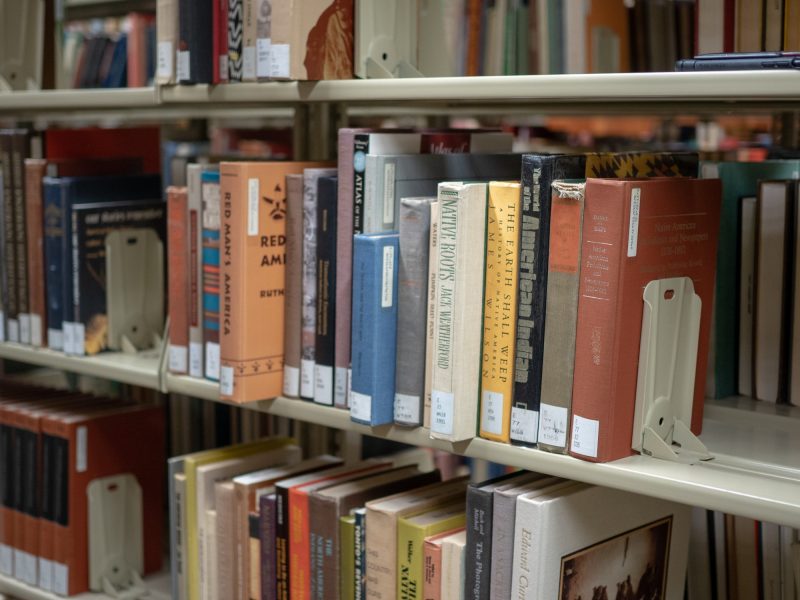Recently, while reading “Fault Lines: A History of the United States since 1974,” a new book by Kevin M. Kruse and Julian Zelizer, professors of history at Princeton University, I was struck by the absence of Native voices in their discussion of modern U.S. political history. While Kruse and Zelizer’s new book is excellent, the absence of Native experiences and contributions to U.S. political history in their book’s narrative reflects a broad tendency among U.S. political culture and history to erase the indigenous presence in modern American discourses. Indeed, on Trinity’s campus there is no recognition of Native students or the reality that Trinity resides on what used to be Native land.
Erasing the experiences of native peoples and Native nations both in Modern U.S. history and in Colonial American history limits the accuracy and ability to accurately discuss the American experience and furthers the marginalization of Native Americans.
“You cannot understand United States history, or even Colonial American history, without understanding Native peoples who are such an important part of that story. So ignoring them, you are basically ignoring a huge component of the population,” said Erin Kramer, assistant professor of history at Trinity.
Kramer, an expert on 17th and 18th century interactions between the Dutch and the Haudenosaunee in what is now upstate New York, teaches courses both on the Native American Experience both up to Removal in 1830 and Post-Removal.
“If you think of Native American history as ending with the end of the colonial period or the early national period or with the removal policy, what you’re missing, obviously, is all the Native people who continue to live in the United States, all of the policies that affected them. More than that, you’re allowing them to be erased from the story of what it means to be an American,” Kramer said. “They didn’t vanish. They’re still here.”
As Kramer says, Native Americans are still here. Despite efforts to destroy their culture through boarding schools, genocide, disease and total war, they have survived. It is our duty to listen to their voices and their experiences with respect and understanding. While Native Americans are only around two percent of America’s population, the historic injustices that have caused this are why it is necessary to devote time to listen to and to uplift their voices through our efforts to educate ourselves instead of putting the onus of our education on indigenous people.
The reality that Trinity only has a Native population of 0.2 percent is a result of the cascading consequences of decades if not centuries of mistreatment of these populations by U.S. settlers and the U.S. government, and it is the job of those of us who have not faced these injustices to lift up Native voices and to learn of their experiences; we can do this not by proclaiming that we know best but by listening, taking into account and actively trying to assist native voices and perspectives.
I urge that Trinity do more to reach out to indigenous communities and to support them, both in the San Antonio area and those that have been displaced from this area over the past two centuries. These efforts should not be merely symbolic — though symbolism matters — but substantive and geared towards increasing the representation of native voices among Trinity’s faculty and student body. Efforts should provide tangible support for these individuals and communities to operate comfortably among a campus that will likely remain predominantly white and affluent. We must make space not because it makes the administration look good, but because it is the right thing to do.
If you are interested in learning more from Native perspectives, I recommend you visit Native Appropriations or Indian Country Today.
If my advocacy is off-base in any way, I urge any Native students to reach out to me; I am limited in my experiences and I freely admit the likelihood that I’ve got something wrong is quite high.













Ana Windham • Jan 25, 2019 at 9:34 pm
Although I am not Native American, I am glad for your advocacy of Native Americans. It’s a travesty their presence and historical importance they’ve played in our history are significantly absent from history books. PBS has recently had very interesting programming and discussion about native Americans.